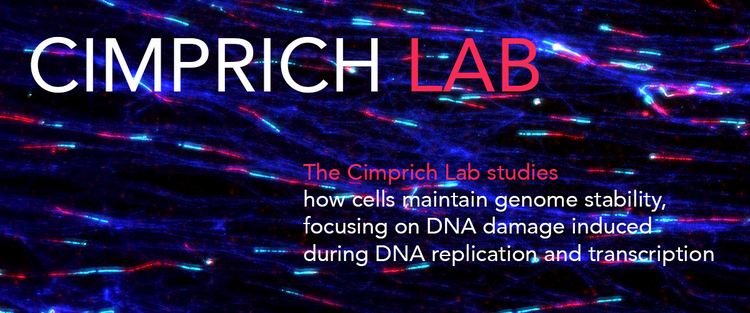
Karlene Cimprich
Professor of Chemical and Systems Biology and, by courtesy, of Biochemistry
cimprich@stanford.edu
(650) 498-4720
Clark Center, Room W350B

PhD in Chemistry (Harvard)
The Cimprich Lab uses diverse approaches in mammalian cells to investigate how cells sense and respond to DNA damage during replication, when the genome is particularly vulnerable, and how cells coordinate replication with transcription to avoid DNA damage. They are also interested in RNA-mediated genome instability, and how three-stranded nucleic acid structures known as R-loops can cause DNA damage in a transcription-dependent manner. As genome instability is a hallmark of cancer and aging, the Cimprich Lab’s mechanistic discoveries may point the way to new diagnostic or therapeutic approaches for cancer and other diseases.





